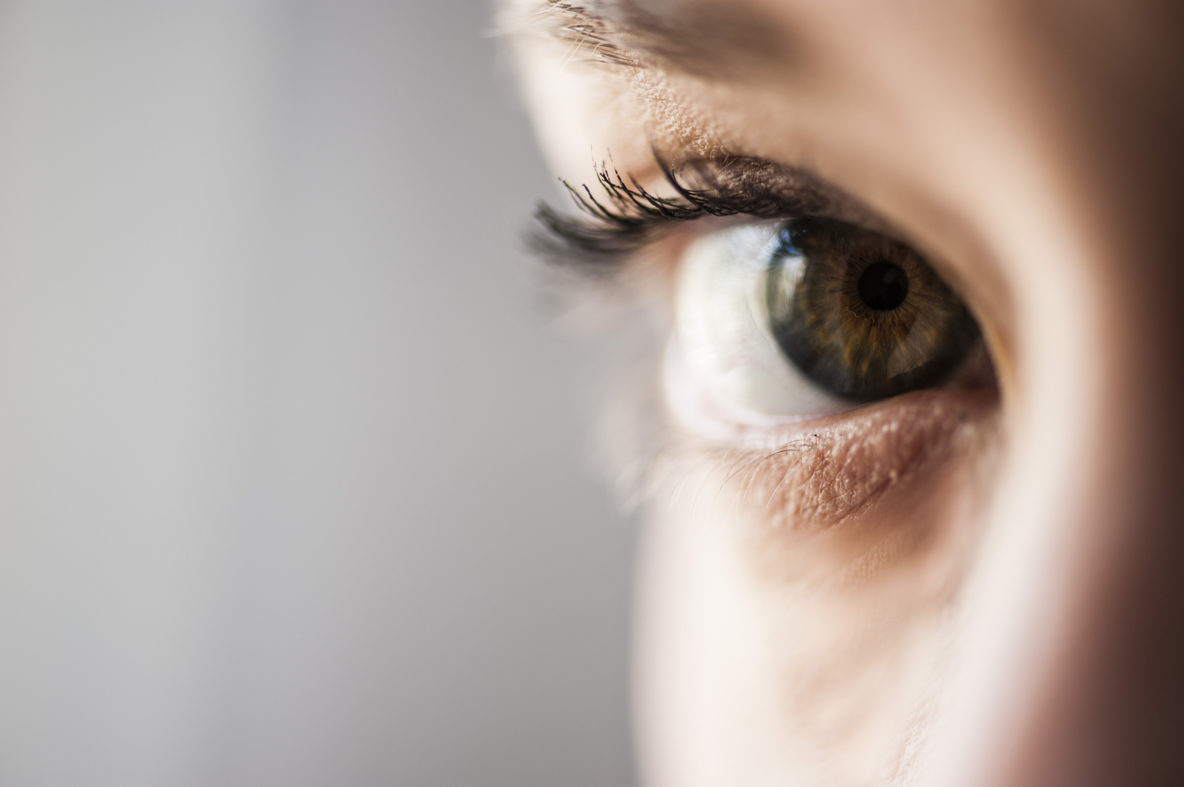Justice may be blind, but the jury sees everything.
After winning a verdict in a recent three-week trial, I had the opportunity to speak with members of the jury. One of the things they told me was that they had grown skeptical, even distrustful, of my opposing counsel. When I asked why, they all referred to a brief incident they witnessed in the courtroom.
Jurors Scrutinize Attorney Behavior
My opposing counsel was getting ready to question a witness, and — not intentionally, I’m sure — positioned herself in such a way that she was standing between me and the witness, blocking my view. Before she could begin her examination, I whispered to her and asked her if she would move a little to one side so that I could see. She turned to me and in a slightly more audible voice said to me, “no I think you should move.”
Now, we can debate whether or not she was entitled to stand where she was and whether or not I should have moved without having to be asked. But, the jurors observing the incident (and who heard what she said) told me that they interpreted her reaction as disrespectful, and, in their minds they viewed her as less trustworthy for it. Later, when she was arguing to the jurors in closing, and attempting to create rapport with them, jurors told me that they were skeptical of her attempt to connect with them because of how discourteous she had been to me.
Throughout our pre-trial litigation over several years, my opposing counsel had been very respectful towards me and extended many professional courtesies. She is one of the finest attorneys I have ever litigated against. I thought she was unfairly branded less likable and less trustworthy by jurors, simply because of the momentary lapse in courtesy during the heat of litigation. But, ultimately, what I think doesn’t matter. It’s what jurors think that counts.
The take away lesson here is clear: as litigators, we can’t let personal feelings, animosities, stress, or any other factors lead us to take actions which may have the effect of distracting jurors from our trial narrative or an image we wish to present to them. Even a momentary lapse can be critical.

